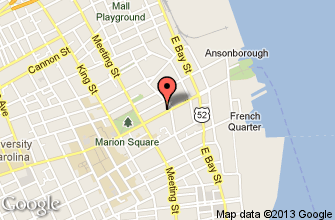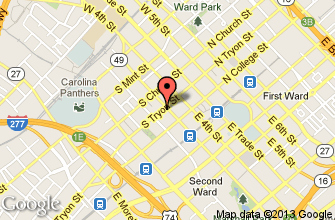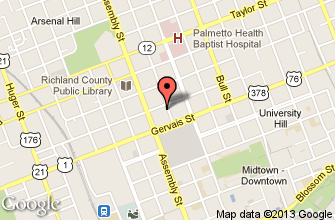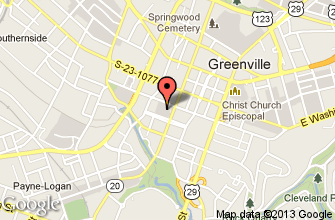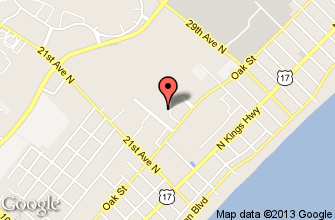News Room
PrintBracing Your Business for the DOL Cold FrontFebruary 25, 2015
EMPLOYMENT LAW ALERT
Employers may have recently noticed an increase in the number of Department of Labor, Wage and Hour Division ("DOL") enforcement audits along with their climbing winter heating bills. The DOL has collected nearly $73 million in back wages from employers since 2010 for various wage and hour violations and recently launched targeted audits of restaurants and other service industries along the Carolina coastal regions. The following tips on compensability and non-exempt essentials will help employers avoid becoming a statistic and ensure they are not 'left out in the cold' if the DOL comes knocking.
Compensable Time:
An employee must be paid for any time that is "work time." The DOL regulations provide some guidance in the following areas.
Traveling To and From Work:
Traveling to and from work is generally not compensable. However, employees that drive vehicles containing the employer's tools or equipment that are essential to the work may be considered working during their travel.
Traveling During the Work Day:
Employees should generally be compensated when they travel during the course of the workday, such as from one worksite to another. Even if employees are paid on a piece rate or commission basis, employers must carefully analyze the compensability of travel time between jobs and keep accurate records.
Meal and Rest Periods:
Meal periods are not generally compensable when: (1) the meal period is thirty minutes or longer; (2) the employee is not required to perform any duties during the meal period; and (3) the employee may leave his or her work station. Employees do not need to be compensated for meal periods if they use the time primarily for their own benefit, which requires a case-by-case analysis. Short breaks of fifteen minutes are generally compensable.
On-Call Time:
Whether on-call time is compensable generally depends on if the employee can use the on-call time primarily for his or her benefit. Companies should consider the following factors when deciding whether employees should be paid for on-call time include: (1) if the employee is free to go where he or she wishes while on-call; (2) how frequently the employee is called into work; (3) whether the employee is disciplined for not responding to a call; and (4) whether the business has an agreement with the employee concerning compensability of the on-call time.
Changing Clothes / Security Screenings:
An employer generally does not need to compensate its employees for time spent changing clothes unless it is indispensable to the work, such as due to the toxic nature of the work. In Integrity Staffing Solutions, Inc. v. Busk, the Supreme Court recently considered whether time spent going through security screenings at the end of the work day was compensable. The employees sued their employer arguing they were due back pay for time spent undergoing required security screenings at the end of the day in order to thwart employee theft. The Supreme Court found the security screenings were not integral to the employees' work and therefore not compensable because the employees could skip the screenings without impairing the safety or effectiveness of their principal work.
Non-Exempt Essentials:
For non-exempt employees, employers must maintain accurate recordkeeping of all hours worked on a weekly basis and must demonstrate compliance with minimum wage and overtime laws. As a general rule, overtime compensation must be paid to non-exempt employees at a rate of one and one-half times their regular rate of pay. Overtime exemptions may apply to certain employees but typically must be clearly annotated on the payroll record and addressed in a written agreement with the employee.
In conclusion, navigating the DOL maze can be confusing and costly for some employers. In March, McNair will be conducting complimentary FLSA seminars at its various offices throughout the Carolinas. For more information about the upcoming seminars, please contact Jessica Todd at jtodd@mcnair.net.
This article was written by Melissa Azallion and Jon Eggert of McNair Law Firm, P.A.

